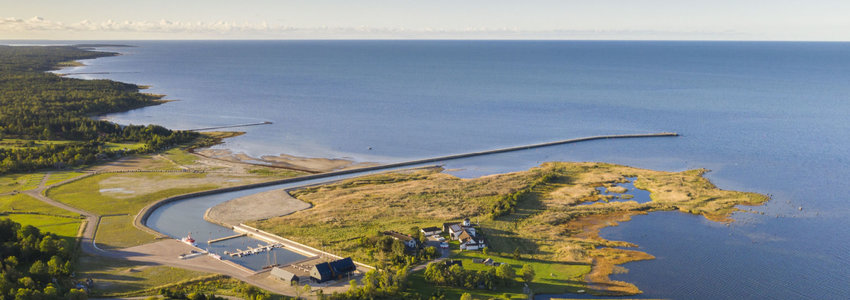Teritorial Impact Assessment: Check the impact of your policy before it checks you.
Are you curious about the Territorial Impact Assessment (TIA) methods available at various levels of governance? Would you like to better understand the potential impact of different policies, strategies or programmes on a territory to help you make the best decisions?
The added value of cohesion policy for metropolitan areas and regions in the Czech Republic - Ostrava
The Institute for Spatial Development and the Ministry of Regional Development in cooperation with the Eurocentre in Ostrava organises a national ESPON Seminar with the title “Přidaná hodnota politiky soudržnosti pro metropolitní oblasti a regiony v České republice“ (The added value of cohesion policy for metropolitan areas and regions in the Czech Republic).
The added value of cohesion policy for metropolitan areas and regions in the Czech Republic - Prague
The Institute for Spatial Development and the Ministry of Regional Development in cooperation with the Eurocentre in Ostrava organises a national ESPON Seminar with the title “Přidaná hodnota politiky soudržnosti pro metropolitní oblasti a regiony v České republice“ (The added value of cohesion policy for metropolitan areas and regions in the Czech Republic).
Vibrant, Resilient, Well-connected – The Baltic Sea Region in 2040
The Expert’s Conference will celebrate the completion of the VASAB Vision 2040. Experts in the field of spatial planning and regional development will come together to discuss what the VASAB Vision means for the Baltic Sea Region and how each of us can contribute to making it a reality.
The event will take place back-to-back with the adoption of the Vision 2040 by the Ministers responsible for spatial planning and development in the VASAB countries of the Baltic Sea Region on 2 June 2023.
ESPON supporting policy-making and research in green transition - evidence from research by Estonian partners
An online seminar that will present ESPON evidence from research projects where Estonian partners have been involved, such as QGasp (Quantitative Greenhouse Gas Impact Assessment Method for Spatial Planning Policy) and LAKES (Territorial analysis of spatial progress and integrated development opportunities of large lakes in Europe). The seminar will also introduce the relevant ESPON 2030 TAP and the new research projects.
Date and time: March 24th, 10.00 - 12.00 Tallinn time
MSP-LSI in Estonia
This report contributes to the Maritime Spatial Planning with two objectives: to undertake an analysis and characterization of the coastal and maritime planning and land-sea interactions from a multi-level (national, local), multi-sectoral (energy, aquaculture, transport, tourism, defence, nature protection, etc.) and multi-actor (public, private) perspective. And to outline policy recommendations that could build the basis for comprehensively embedding the maritime spatial planning competences of local and national level into legislation and into formal and informal planning processes.

Integrated territorial development in lake regions in Europe
Article 174 of the TFEU states that: '’the Union shall aim at reducing disparities between the levels of development of the various regions and the backwardness of the least favoured regions. Among the regions concerned, particular attention shall be paid to rural areas, areas affected by industrial transition, and regions which suffer from severe and permanent natural or demographic handicaps such as northernmost regions with very low population density and island, cross border and mountainous regions’'.

MSP-LSI–on demand service for Luxembourg
This activity is based on the results of the targeted analysis project Maritime Spatial Planning and Land Sea Interactions (MSP-LSI) and has been commissioned by the ESPON EGTC for Luxembourg, as a member of the North Seas Energy Cooperation (NSEC). It was conducted following a request of the Ministry of Energy and Spatial Planning Luxembourg, in their role as a member of the North Seas Energy Cooperation (NSEC).



